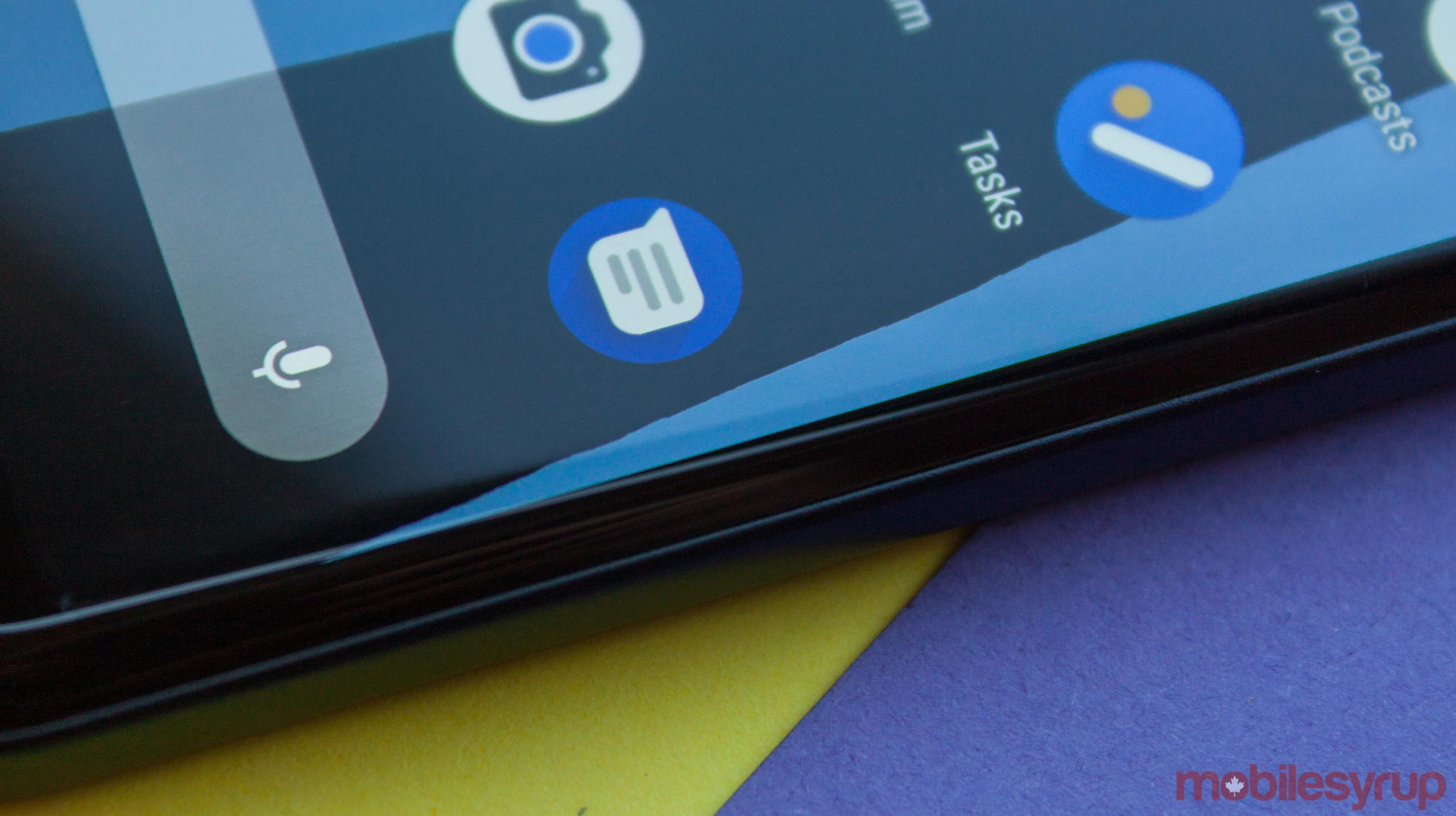
Google’s RCS chat protocol is now widely available and the search giant is working to encrypt messages people send over it.
The company added this map view to its Messages website that shows all the countries that don’t have RCS (for some reason, the map only loads on Chromium-based browsers like Chrome or Edge, so try one of those if the link gives you trouble). Some big exceptions like Russia and China aside, nearly every country shows support for RCS. The news comes after Google struggled for years to get carriers on board with RCS.
For those unfamiliar with the standard, RCS is an improvement over the existing SMS and MMS standards used to send messages and pictures between cellphones. RCS, or Rich Communication Services, brings popular features from instant messaging platforms like iMessage and WhatsApp to a standard text message you’d send from your phone. That means bigger, better images, improved support for GIFs, read receipts, group chats and more.
Google’s RCS roll out has taken a long time, however, and most of that blame can be attributed to carriers. The search giant attempted to keep RCS a neutral protocol and worked with carriers to adopt it as a replacement for the SMS protocol. The results have been mixed, with some carriers moving quickly to roll out RCS and others dragging their feet. Further, some carriers only worked with some Android phone manufacturers — for example, Bell in Canada only supported RCS on some Samsung phones.
Last year, Google began taking over the RCS roll out and started enabling it in some countries regardless if carriers had gotten on board. That helped speed up the roll out and now RCS has almost global availability.
Encryption is coming, but only for the Android Messages app
RCS isn’t perfect — one of its most significant flaws being encryption. However, that’s set to change now as Google begins rolling out end-to-end encryption for RCS in beta. This is a huge win for privacy, as it means that RCS messages can’t be read by Google or carriers.
Unfortunately, there a few things to be aware of with the encryption feature. First, Google hasn’t added encryption to the RCS protocol itself, which would extend the benefit to everyone who uses RCS. Instead, Google is only offering encryption to people who use its Android Messages app. Further, the limitation means that only messages sent from someone on Android Messages to someone on Android Messages will get encryption, so the feature isn’t cross-platform with other RCS apps like Samsung Messages.
Another frustrating limitation is that encryption will only be available for one-on-one conversations and not group messages. Since end-to-end encryption for group chats it a fair bit more difficult, Google hasn’t committed to a timeline for expanding the feature, but that doesn’t mean we won’t get it in a future update.
Anyone who uses Android Messages in their browser will also benefit from encryption since Messages for Web is effectively a portal to the smartphone app. Plus, Google is using the Signal Protocol for Messages’ RCS encryption. That just means Google is using the same code to encrypt messages that Signal uses, and doesn’t make RCS interoperable with the Signal app.
Google willing to work with others to expand encryption compatibility
While disappointing that the RCS protocol doesn’t include encryption, it doesn’t mean that other companies can’t get on board with encryption. Google published a technical paper with a high-level overview of how it encrypts messages in Android Messages and the company told The Verge that it’d happily work with other companies on compatibility. In other words, others could support encryption for RCS in their apps and eventually make it a staple feature of RCS overall.
RCS has been a slow release, but Google has steadily improved it and brought it to more users. Hopefully, Google’s encryption feature is another instance of the company taking charge, similar to it taking over the rollout from carriers.
To make use of the new encryption feature, you’ll need to be part of the Android Message beta. However, as with most Google updates, it’s arriving slowly to select areas, so it may still be a while before it becomes available. There’s also no word on how long before Google brings encryption to the stable Messages release.
MobileSyrup may earn a commission from purchases made via our links, which helps fund the journalism we provide free on our website. These links do not influence our editorial content. Support us here.


